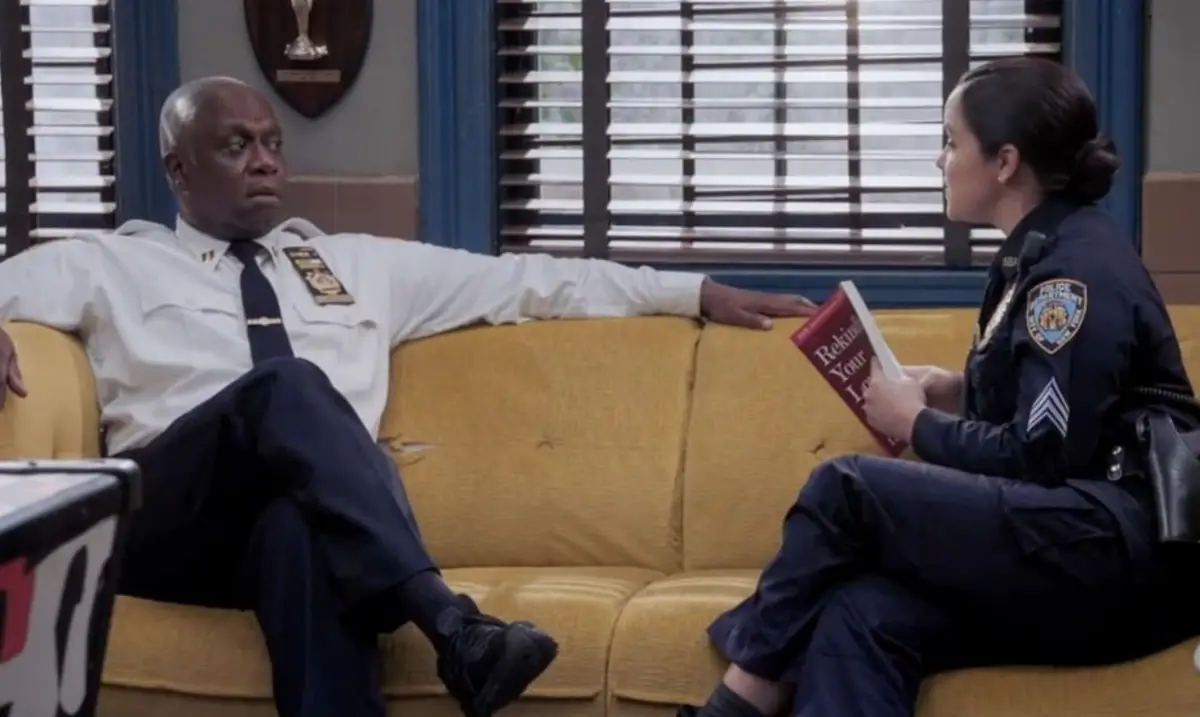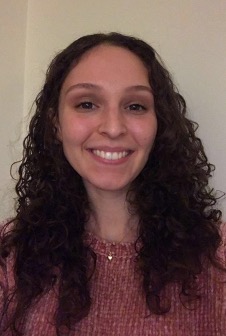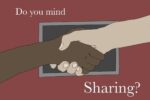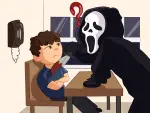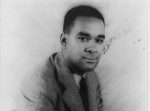Warning: This article contains spoilers for “Brooklyn Nine-Nine” Season 8, Episode 1, “The Good Ones.”
Since 2013, “Brooklyn Nine-Nine” has been a beloved workplace comedy. With an idiosyncratic cast of endearing characters and an endless supply of ridiculous situations, it’s easy to gloss over the more problematic aspects of a cop comedy. However, after the events of the past year and a half, the show can no longer go on without addressing racialized police brutality.
Despite a circulating joke on Twitter that Season 8 should have premiered with the squad working in a post office, the writers dove in and decided to tackle the important issues. And while it’s necessary to have these conversations, it’s tough to do so within the format of a cop show. During the first episode of the new season, titled “The Good Ones,” it’s clear that “Brooklyn Nine-Nine” is attempting to walk the line between keeping the characters lovable and being honest about the serious problems within the police force.
The Elephant in the Bullpen
Much to the writers’ credit, the premiere doesn’t try to avoid talking about the controversial issues surrounding the police force. Right out of the gate, “The Good Ones” lets viewers know that “Brooklyn Nine-Nine” is making some huge changes. Before the opening credits even roll, Rosa Diaz, played by Stephanie Beatriz, quits the force to become a private investigator that helps victims of police brutality.
Instead of tiptoeing around sensitive topics, the writers actually include the words “police brutality” and “systemic injustice.” At the very least, they are willing to talk about it, which is a big deal for a mainstream TV show.
However, the show’s willingness to discuss the issues doesn’t necessarily make this a successful commentary on racial injustice. Despite attempting to bring important topics to light, viewers are constantly reminded that the characters trying to improve the police force are fictional, and the people they’re playing are largely responsible for the problems they want to solve.
What Went Wrong
In the premiere episode, Rosa and Jake Peralta (Andy Samberg) investigate a case in which two police officers assault an innocent Black woman on the street. Rosa and Jake encounter several obstacles, and they’re ultimately unsuccessful in getting the officers punished for the assault. Instead of the cop-out answer of “it’s just the system,” the episode actually takes Rosa and Jake through the practically impossible process of receiving justice for victims of police brutality.
The plot exposes how the odds are stacked against victims of police brutality due to internal corruption in the police system. However, the audience mainly explores the issues through the lens of Jake Peralta, a cop who loves his job and wants to defend it. But Jake is also a white man who doesn’t experience systemic racism firsthand. More importantly, the woman who is assaulted by the police receives barely any lines and only appears in two scenes.
The only way to make progress with racial bias is to listen to the voices of the people targeted. But if the people who experience this don’t get to talk about it, we can’t listen and we can’t improve ourselves or our world.
The Blame Game
Even though it’s meant to be an exploration of the internal racism in the police force, “The Good Ones” only features one “bad cop” character: Ed O’Sullivan (John C. McGinley). The rest of the characters pass the blame to “the system” or to the other unseen bad cops.
In fact, the episode is full of cops who complain about the system and want to change it — and it paints a pretty unrealistic picture. If it were really the case that 99% of cops are willing to think critically about the system and themselves, the police force wouldn’t be as corrupt as it is. In trying to get us to love the characters we’ve watched for seven seasons, the premiere episode sometimes sacrifices honesty. We’re meant to believe that these individuals, with the exception of the occasional bad apple, get blamed for something out of their control.
What the episode fails to portray is that the problems with the police force in the U.S. are multi-faceted. True, the system itself contributes the most to the issue. But we must also acknowledge that the broken system creates an environment that enables individuals to act on underlying biases and make harmful choices. We can’t blame it all on the system because the system is made up of individuals. If every police officer maintains the attitude that they are not the problem, nothing will ever change. By removing the blame from individual officers, the show does succeed in pointing out that the system also fails to hold individuals accountable.
“Just a Show”
The episode ends on an emotional, pensive note. After insisting throughout the episode that he is “one of the good ones,” Jake must confront the role he plays in the broken system. The writers give us no answer to what he will do, but it’s a thought-provoking scene that invites us all to look inside ourselves and consider our own faults. Though it’s unlikely that we’ll see the detectives join the post office anytime soon, it’s clear from this premiere that Season 8 will be unlike its predecessors.
Overall, the episode fits well into the fictional world of “Brooklyn Nine-Nine.” But at times, it falls flat as a commentary on the real world that it imitates. And at the end of the day, a TV episode about police brutality can’t solve the problem in real life anyway. The main thing is that we’re holding these conversations, even in spaces as large as “Brooklyn Nine-Nine.” It’s not up to TV shows and fictional police to fix the problems in our society; it’s up to us to continue these conversations so that we can move together toward positive change.


